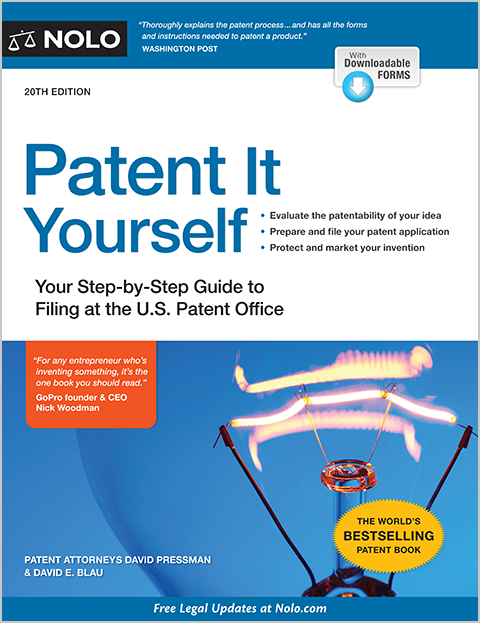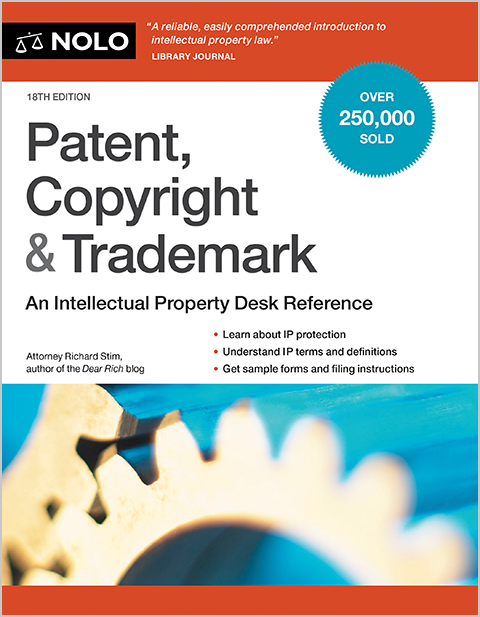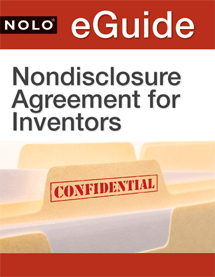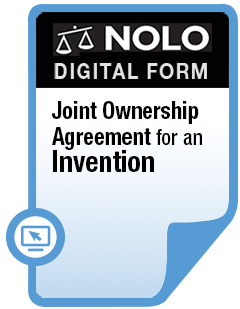Proceed with caution when entering into an arrangement with an attorney who will act as your licensing agent.
Sometimes, an attorney will act as an agent to license your great idea or patented invention. The attorney may have connections within an industry (such as the film, television, or fashion industry) and may be willing to represent you to potential licensees. A patent attorney might, for instance, see value in your invention and agree to represent it and waive attorney's fees in return for a percentage of the royalties. What issues should you consider in this type of relationship?
Make Sure the Attorney Has the Needed Qualifications
If an attorney offers to represent your product, you should take the same precautions as you would with any agent. Due diligence is critical.
Research the attorney's background. Has he or she practiced an area of law that relates to your product or industry? Has the attorney represented other clients in licensing agreements? Check with your state bar association to determine whether the attorney has a record of disciplinary actions.
An attorney who performs non-attorney services, such as acting as your agent, is mixing legal and nonlegal services. In some states, such as California, the law requires that an attorney entering into such a relationship advise the client in writing to seek the advice of another (independent) attorney.
Protect Yourself With a Well-Drafted Representation Agreement
If you decide to do business with the attorney as your licensing agent, you need to reduce the terms of your relationship to a contract. You should not simply proceed based on an oral agreement or any implicit trust you might have in the attorney.
Obtain a written agreement from the attorney, laying out precisely what he or she will do to "sell" your product to potential licensees, and exactly what the fee structure will be. Will you pay the attorney hourly, or will the attorney retain a percentage of future royalties?
Make Sure the Attorney Doesn't Have Conflicts of Interest
Another concern about having an attorney act as an agent is that the possibility for a conflict of interest. A conflict of interest occurs whenever a lawyer represents adverse interests, for example, if your attorney also represents the licensee. Imagine that you had a new invention for a soda-making machine. You go to an attorney who represents Pepsi, and ask him to sell it to Pepsi. The attorney might try to maximize Pepsi's interests and give you a bad deal.
When there is a conflict of interest, there is the potential that your attorney may not battle as forcefully for your position. Lawyers are bound by ethical rules to disclose if there is a potential conflict of interest, but you should be alert to such possibilities and find out about the attorney's other major business relationships.
Paying by Commission
What if the attorney does not want to represent your invention and is willing to waive his or her typical fees for performing legal duties in exchange for a piece of the action? For example, maybe the attorney is willing to draft the patent application or assist in the negotiation of the license in exchange for royalties from the license.
This is not uncommon in the business of software technology. The attorney is willing to take a gamble (possibly working for free) for the potential of a percentage of future sales.
However, you should proceed carefully. Check the attorney's record. Find out whether the attorney has entered into similar arrangements with other clients, and ask for a list of clients or to speak with clients. Some law firms will furnish lists of clients; others will not.
Becoming intertwined with an attorney in your business dealings can sometimes prove disastrous. It may be difficult to extricate yourself and may be very expensive. Proceed cautiously.
To find a patent lawyer, see Nolo's Lawyer Directory.
Talk to a Lawyer
Need a lawyer? Start here.
How it Works
- Briefly tell us about your case
- Provide your contact information
- Choose attorneys to contact you
- Briefly tell us about your case
- Provide your contact information
- Choose attorneys to contact you



